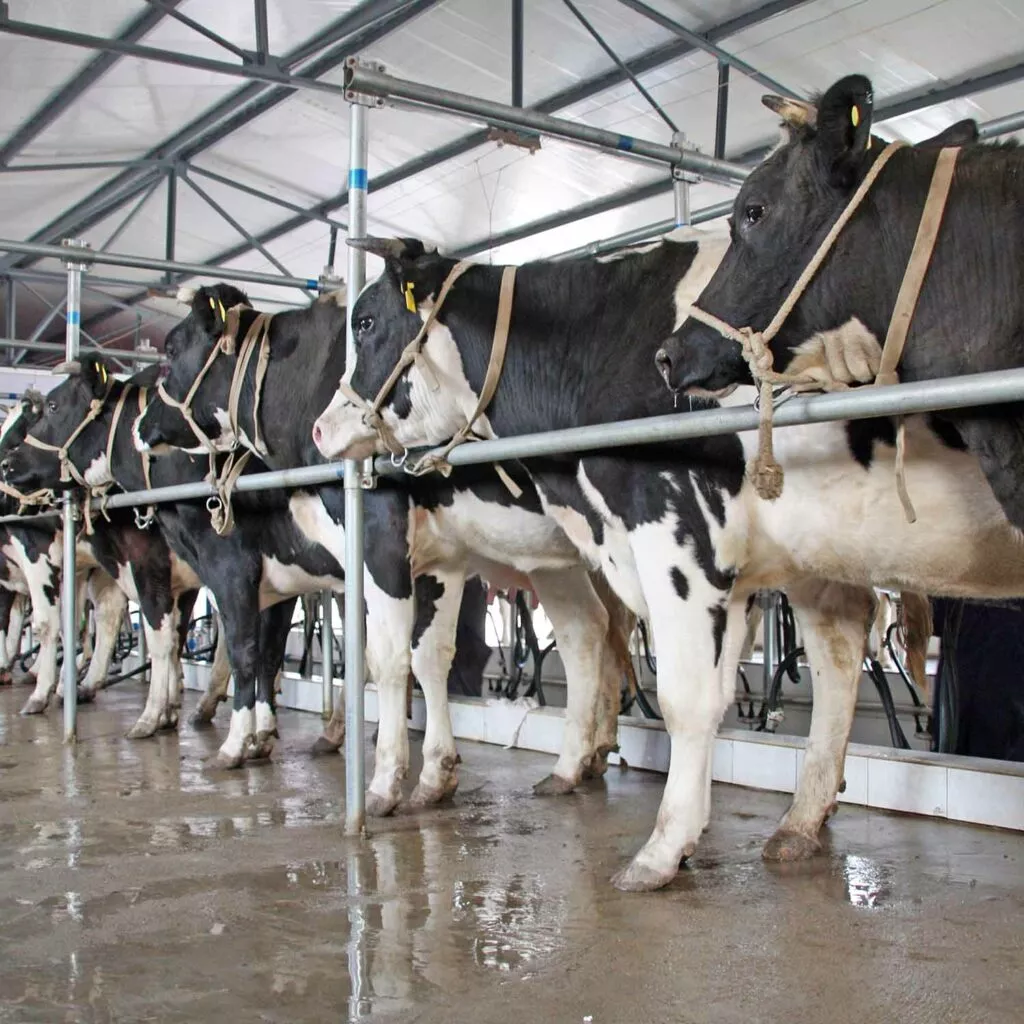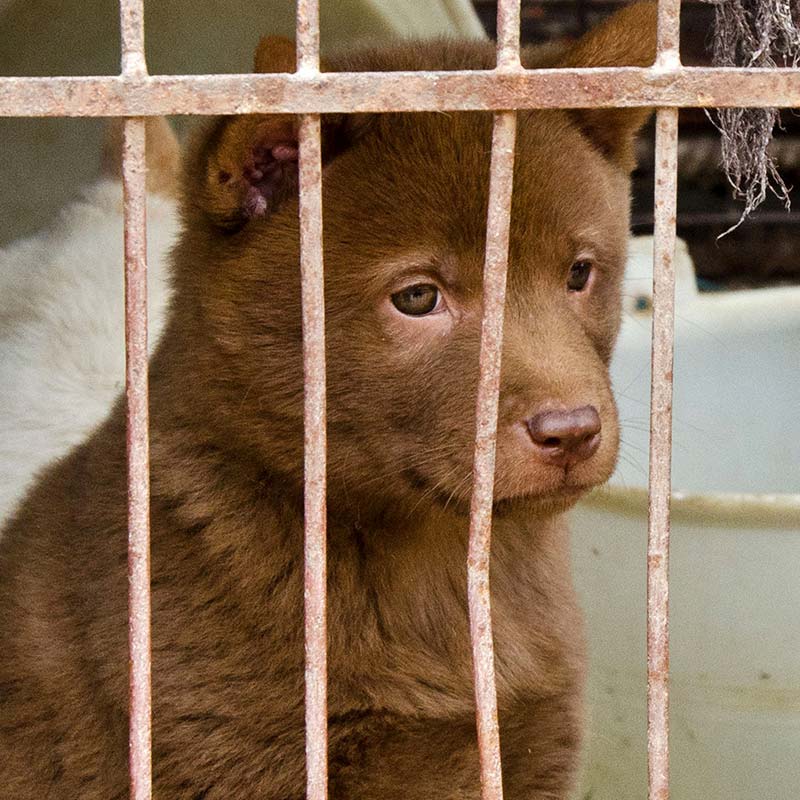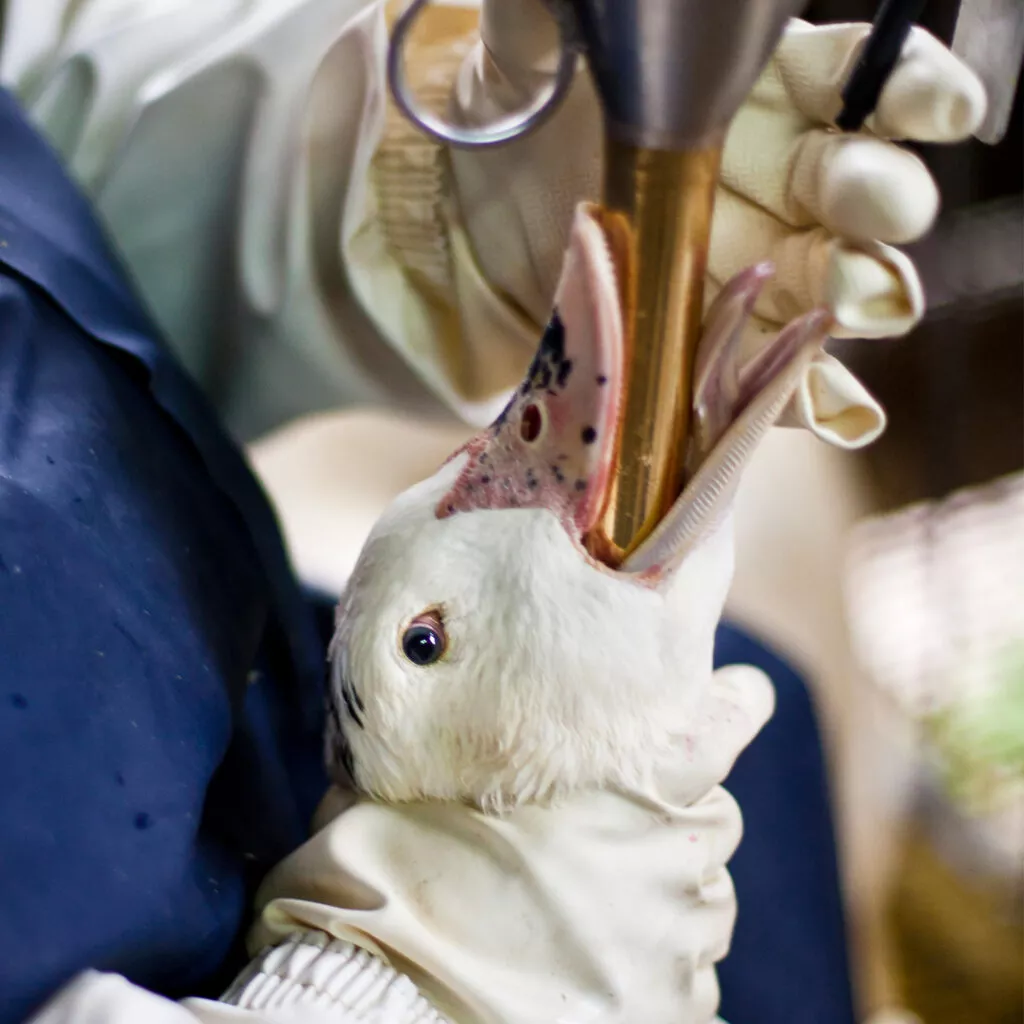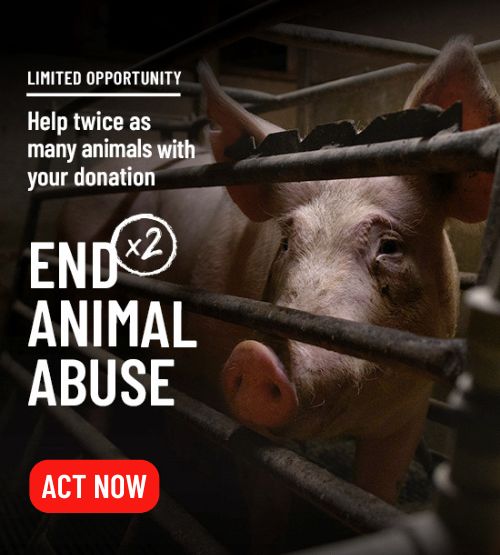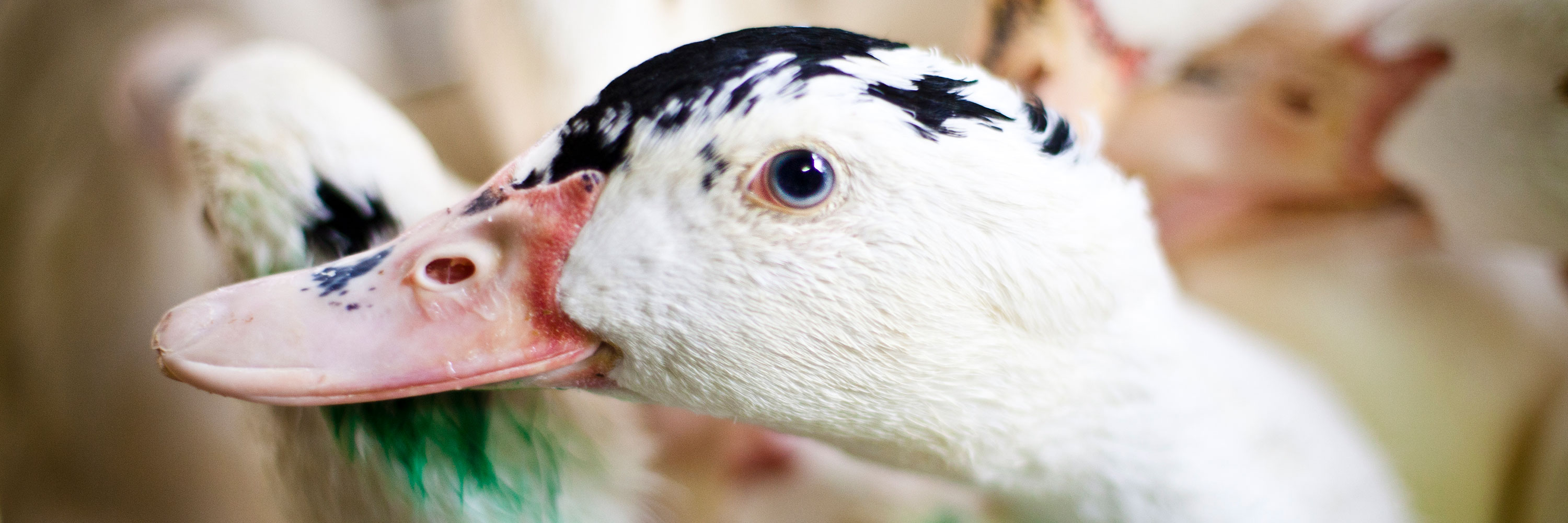
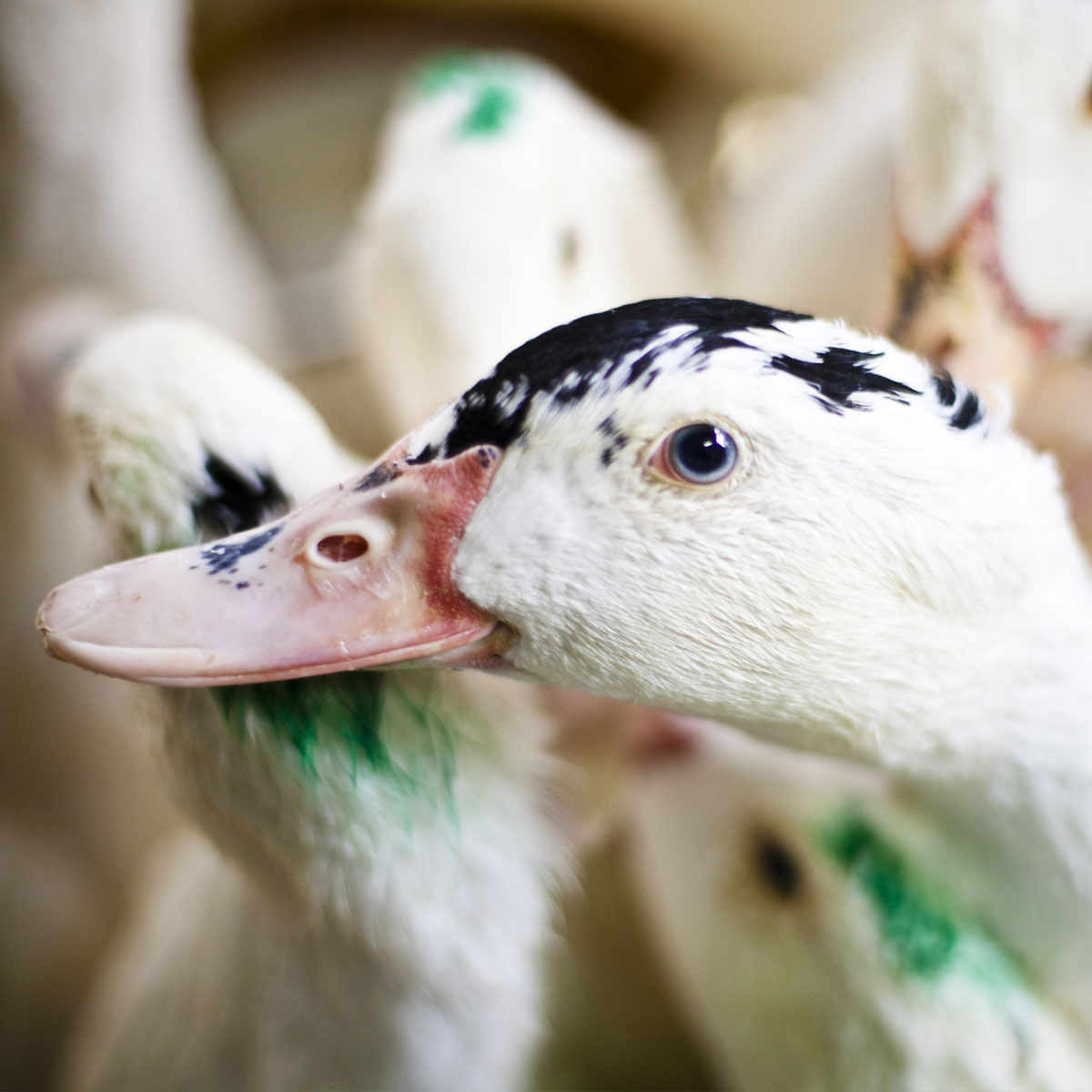
Is Foie Gras Illegal in the US?
Perhaps no food on the planet raises eyebrows quite like foie gras.
French for “fatty liver,” foie gras is a diseased, enlarged organ of a goose or duck. It’s often served as a pâté at French luxury restaurants.
Foie gras is so controversial that its production has been banned by governments around the world. It’s even faced legal challenges from California to New York City.
But how has this luxury food gained worldwide attention, and why is it still legal in most places in the United States?
Let’s take a look.
How Is Foie Gras Made?
Foie gras is obtained by force-feeding ducks and geese. Farmers shove 12-inch metal or plastic tubes down their throats and pump large amounts of food into their stomachs.
This causes their livers to enlarge by ten times their normal size, becoming fatty and diseased. Birds suffer psychological trauma, as well as internal injuries, breathing problems, and painful infections.
Animal Equality investigators have also discovered birds with broken beaks and bloodied bodies, with some lying lifeless on the floor. In slaughterhouses, they watch as their peers are killed in front of them, panic setting in as their times come.
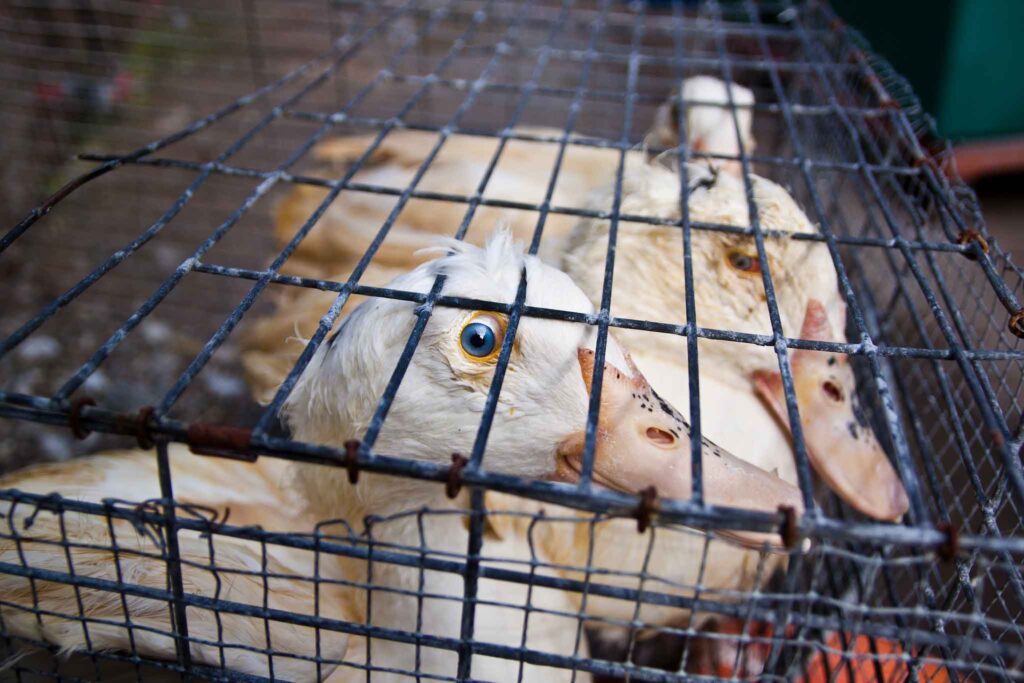
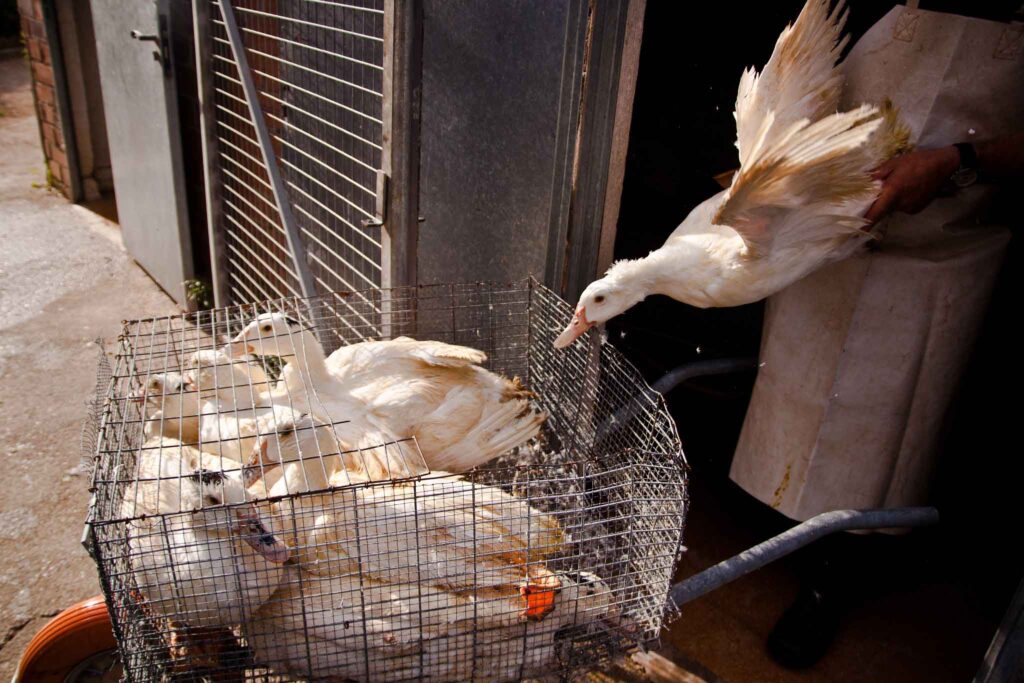
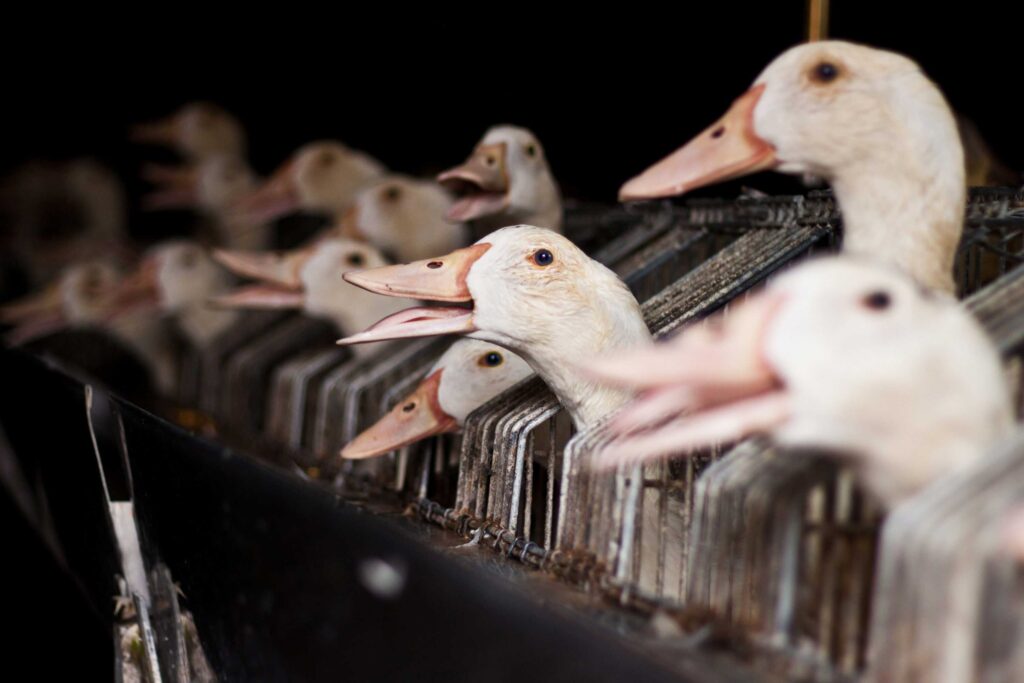
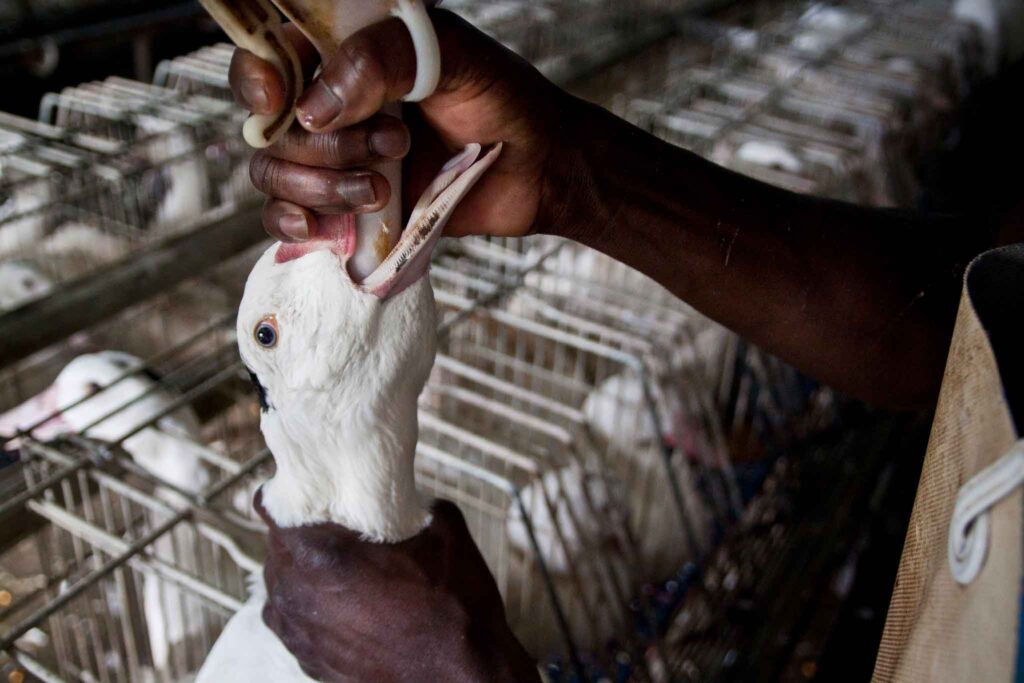
[Photo gallery of foie gras production]
Want to stop this cruelty? Join us by signing our petition!
So Why Isn’t Foie Gras Banned in the United States?
In 2004, California enacted a law banning the production and sale of foie gras by the year 2012.
While individuals can still purchase foie gras out of state, California businesses are no longer permitted to sell the product. The law has remained in effect since 2012, despite ongoing legal challenges by the industry, none of which have been successful.
In 2019, New York City passed a ban on the sale of foie gras by the year 2022. It has also faced legal challenges by the foie gras industry, which denies any allegations of cruelty. It is not currently in effect.
These are steps in the right direction, but foie gras is still being sold and produced in the U.S.
For the vast majority of people, foie gras is not a normal part of their diet. Instead, it is a luxury product that most will never choose to order. Nonetheless, markets and restaurants still add it to their menu, ultimately creating a demand for this cruel product.
Our work to stop the exploitation of geese and duck abused for foie gras includes working directly with businesses urging them to exclude it from their menu, as well as establishing legal actions to ban its sale and production.
In 2022, Animal Equality launched a nationwide petition calling for an end to the production and sale of foie gras in the U.S. We knew, based on our decades of success in India and in supermarkets all over Europe, that the time for a U.S. ban was long past due.
In 2023, Animal Equality joined residents in Vancouver, Washington, to discuss a foie gras production ban at a public hearing. Members of the City Council expressed their willingness to condemn its sale, but citizens have asked for a full ban.
In 2024, Animal Equality launched a campaign to ban the sales of foie gras in Ann Arbor, Michigan, with ongoing actions that involve volunteers and Animal Protectors. We expect to do the same in other cities, until this cruelty is banned across the country.
The U.S. government has not yet taken steps to ban this cruel food. But Animal Equality’s grassroots efforts are on the way to set a serious precedent for future state- and nationwide bans.

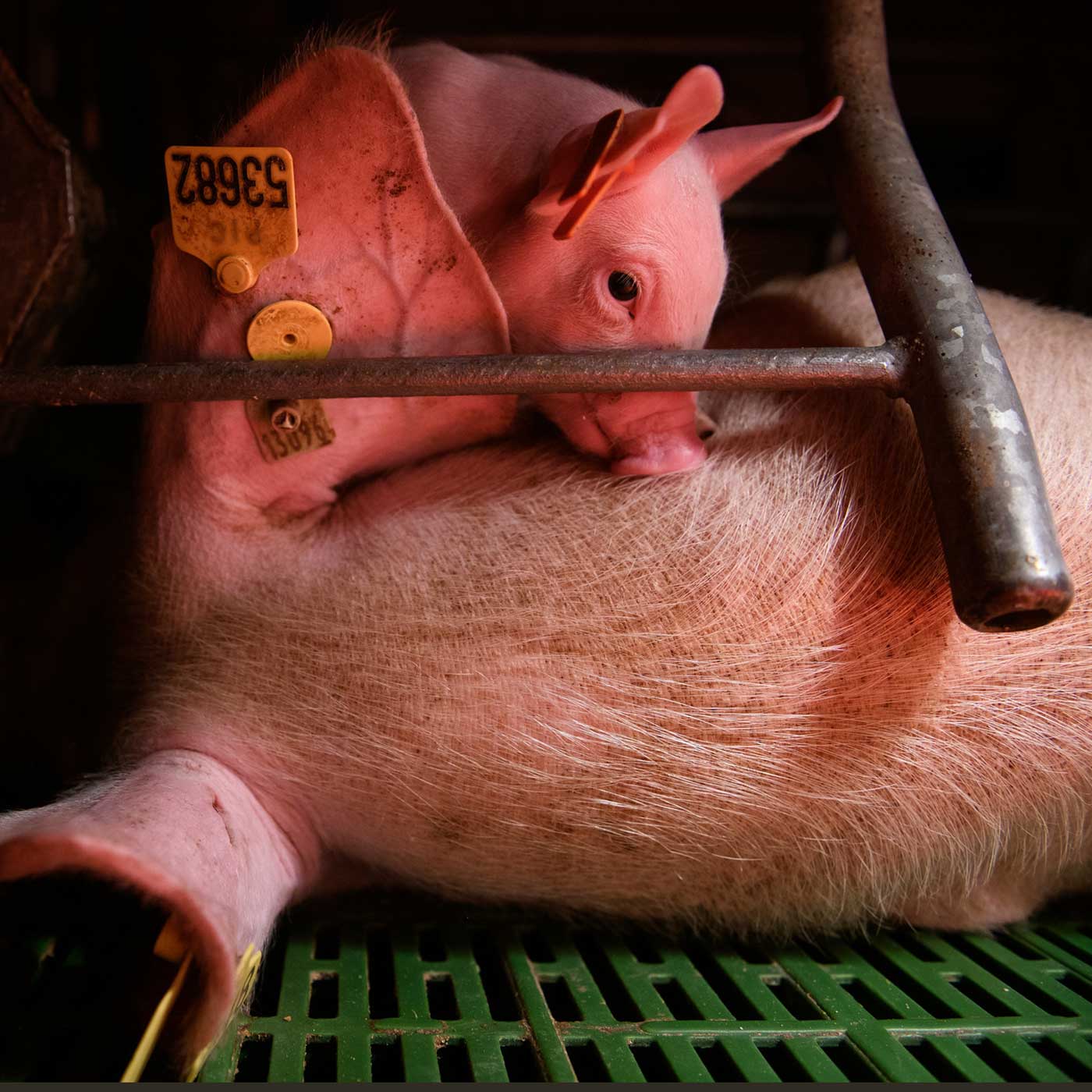
Give the gift of compassion
This season is about giving the gift of compassion—multiplied! For a limited time, a generous supporter will match your donation to Animal Equality, multiplying your impact on ending animal cruelty. Together, we can create a kinder world for animals.
Force-Feeding Ducks Is Already Illegal in Several Countries
Force-feeding ducks and geese to produce foie gras is already banned in the UK, Czech Republic, Denmark, Italy, Finland, Norway, Poland, Switzerland, Germany, Sweden, Australia, Argentina, Turkey, and Israel.
EUROPE: The European Food Safety Authority’s Panel on Animal Health and Welfare has determined that many practices common in the foie gras industry are detrimental to animal welfare. This includes extreme confinement in cages.
ISRAEL: Israel was once the third-largest foie gras producer globally, but the Israeli Supreme Court has since ruled that force-feeding birds violated the 1994 Protection of Animals Law. In 2013, the Israeli government forbade the commercial trade and sale of foie gras.
INDIA: After an Animal Equality investigation into Spanish and French foie gras farms uncovered shocking footage, we showed our findings to government officials in India. They were so disturbed that in 2014, India became the first country in the world to forbid both production and import.
UNITED KINGDOM: In the United Kingdom, it’s illegal to force-feed birds for foie gras, but its import is still legal. Nearly 250,000 ducks and geese in France, Spain, and Hungary are force-fed and killed, their diseased livers sent to the U.K. for consumption.
That is why Animal Equality paired with UK celebrities Ricky Gervais and Peter Egan to deliver over 250,000 citizen signatures to the Prime Minister’s home in 2021.
The Department of Environment, Food & Rural Affairs (DEFRA), which oversees food production standards, has stated that force-feeding ducks and geese raises serious welfare concerns and is considering additional restrictions on the product’s sale. This makes an import ban even more likely in the near future.
What You Can Do
Foie gras is cruel and unnecessary, but there’s hope for ducks and geese killed by this industry. As more people like you start to question the methods that go into making foie gras, we’re going to see more and more progress.
But ducks and geese aren’t the only animals suffering at the hands of a cruel industry. Billions of pigs, cows, chickens, and other animals anguish behind closed doors each and every day, the industry meticulously hiding their suffering from the public view.
Thanks to undercover investigative footage, however, millions around the world are choosing to replace meat, dairy, and eggs with delicious and cruelty-free plant-based proteins.
Thousands have even discovered free recipes and beginner resources at Love Veg, making the transition simple, exciting, and fulfilling.
Has your curiosity piqued? You can join the movement today!
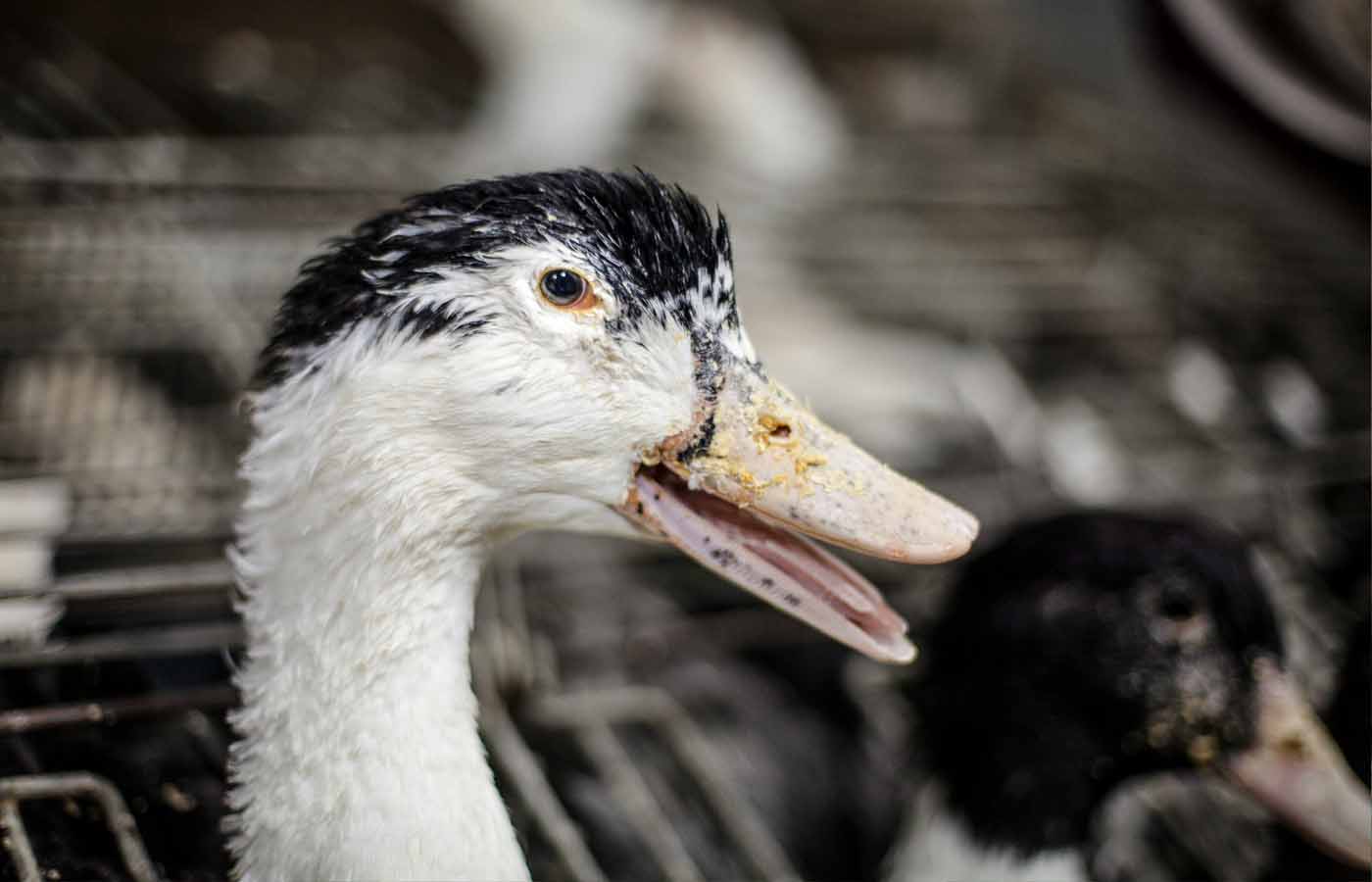
PROTECT DUCKS
Even before hatching from their eggs, ducklings communicate with their close‑knit families.
Protect these families by eating plant‑based and ditching animal products.

